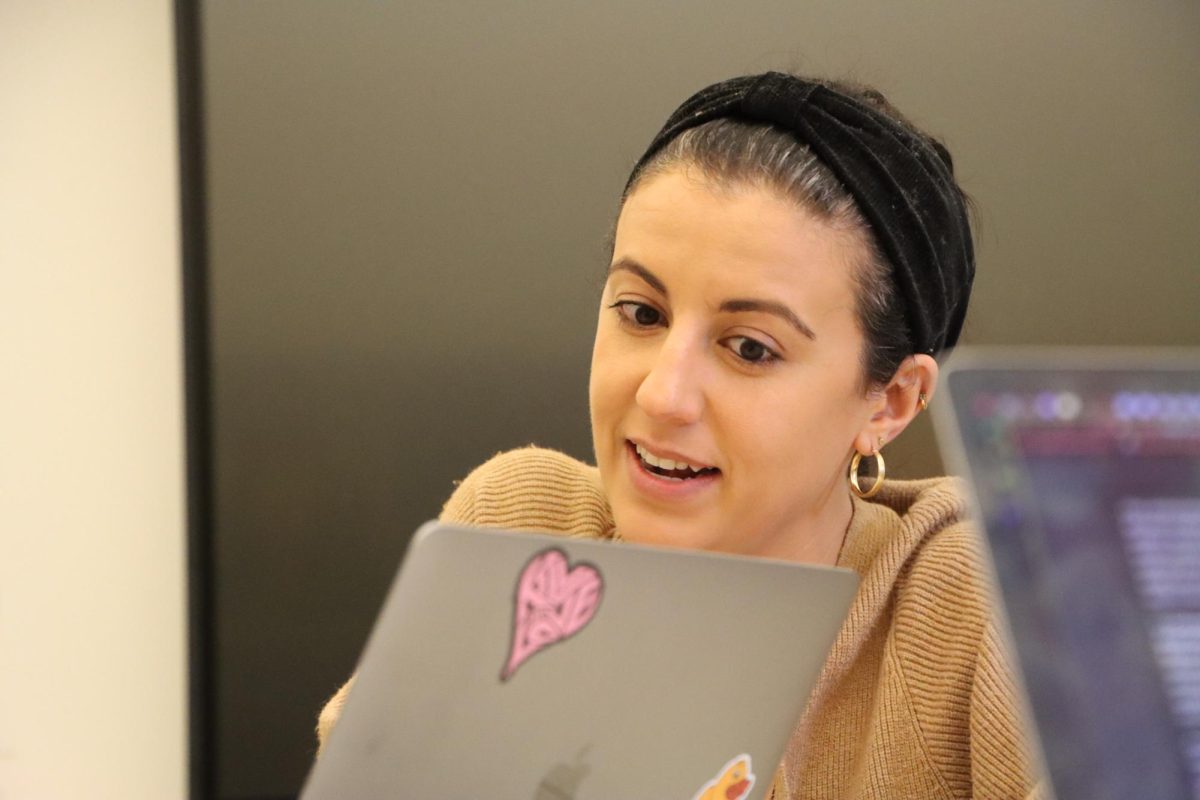Click to read more about the Chan Zuckerberg Initiative, sensors made of gum, and Pluto’s closeup picture. Creative Commons image from NASA.
Lauren Yang | News Editor

1. Chan Zuckerberg initiative aims to resolve world problems
CEO of Facebook Mark Zuckerberg announced a new initiative, called the Chan Zuckerberg initiative, which hopes to use philanthropy to “[a]dvance human potential and promote equality in areas such as health, education, scientific research, and energy,” according to Zuckerberg’s Facebook post. The couple has put 99% of their Facebook shares, or about $45 billion, into the initiative. The company has attracted a lot of controversy regarding its limited liability corporation (LLC) status, since some believe it may be a way for Zuckerberg to avoid taxes. Read more here.

2. Animal Whisperers — No Longer a Scam?
“There’s a sidewalk with a busy intersection 20 feet ahead of you,” your dog says to you. With the invention of a computerized vest created by Georgia Tech computer scientist Melody Jackson, dogs may soon be communicating with their owners. The computerized works by analyzing the dog’s mouth and nose movements. Jackson and others hope this invention will help aid dogs communicate with their owners more efficiently. Humans may be communicating with other animals in the near future, as other scientists have been working on systems to understand dolphins and cats. Click here to read more.
Scientists explain how their infection-detecting bandage works. Skip to 30 seconds if you do not want to see images of burns. Video from University of Bath.
3. Smart bandages
Bandages that turn neon upon detecting infections may soon be used in hospitals around the world. Although just a prototype, this new type of bandage can prevent serious infection because it alerts the physician early on that there is a problem. What will the researchers do after they fine tune this invention? Make the bandages release infection-fighting medicine. Read more here.

4. Pluto gets a close-up
NASA’s New Horizons spacecraft took the closest and most detailed picture of Pluto yet during its July journey. NASA recently released the high resolution photo, which depicts Pluto’s rough, glacial terrain. These photos allow scientists to discover new facts about Pluto’s terrain and history. So far, researchers have determined that Pluto’s mountains are relatively young. Read more here.
The video above describes the gum sensor. Video from American Chemical Society.
5. Chew on this sensor.
Scientists have combined gum with carbon nanotubes to create extremely sensitive and stretchy gum. These sensors can record everything from the movement of blood through your body to the moisture in your breath. Better than even plastic sensors, the gum sensors can support a wide range of mobility and are very cheap. Read more here.








